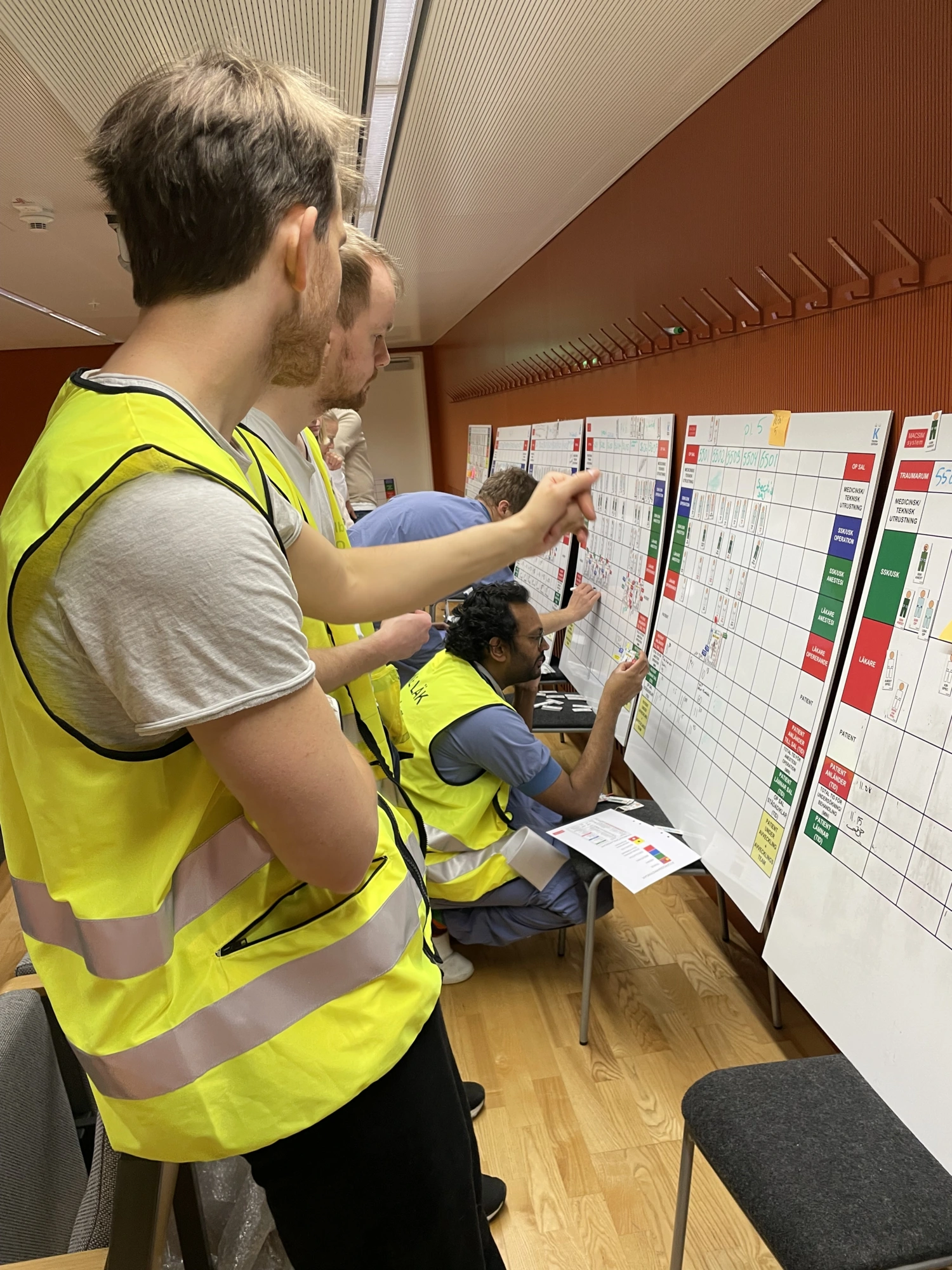Research into dementia and motor neurone disease at the Menzies Institute for Medical Research has been boosted with grants totalling more than $500,000 for three researchers.
One of the researchers, Dr Michele Callisaya, pictured, has received the coveted Dementia Advocates’ Award from Dementia Australia for a $75,000 project that will focus on a simple ‘walking and talking’ test for the earliest warning signs of dementia. Dr Callisaya also works at Monash University in Melbourne.
Dr Callisaya said changes in memory and thinking were worrying for older people and could be an early sign of dementia. “But not all people develop dementia and it is difficult for doctors to determine the prognosis for particular patients.”
She said a simple walking and talking test could be an excellent “real-world functional stress test” (a bit like an exercise stress test for heart disease) that would assist in distinguishing at an early stage who would go on to develop dementia.
The project was chosen for the award by the Dementia Australia Advocates’ group, after evaluation of the applications according to which was most likely to yield important outcomes for people impacted by dementia.
Menzies has also received funding for the following projects in neurodegenerative disease:
· Dr Rosie Clark has received a three-year $300,000 Bill Gole MND Postdoctoral Fellowship from the Motor Neurone Disease Research Institute of Australia (MNDRIA) to continue laboratory research investigating the influence of interneurons on motor function.
· Dr Catherine Blizzard has received $99,700 from MNDRIA for research to look at the role of estrogen in the most common form of MND, which affects men more than women earlier in life.
· Dr Blizzard has also received $75,000 from the Dementia Australia Research Foundation to continue researching the mechanism in the brain that may be causing nerve cell loss in fronto-temporal dementia.
The funding for Dr Blizzard and Dr Clark represents a large boost to MND and fronto-temporal dementia research at Menzies. They will use the funding to work out why neurons stop communicating properly in MND and fronto-temporal dementia, and if females are protected against this.








